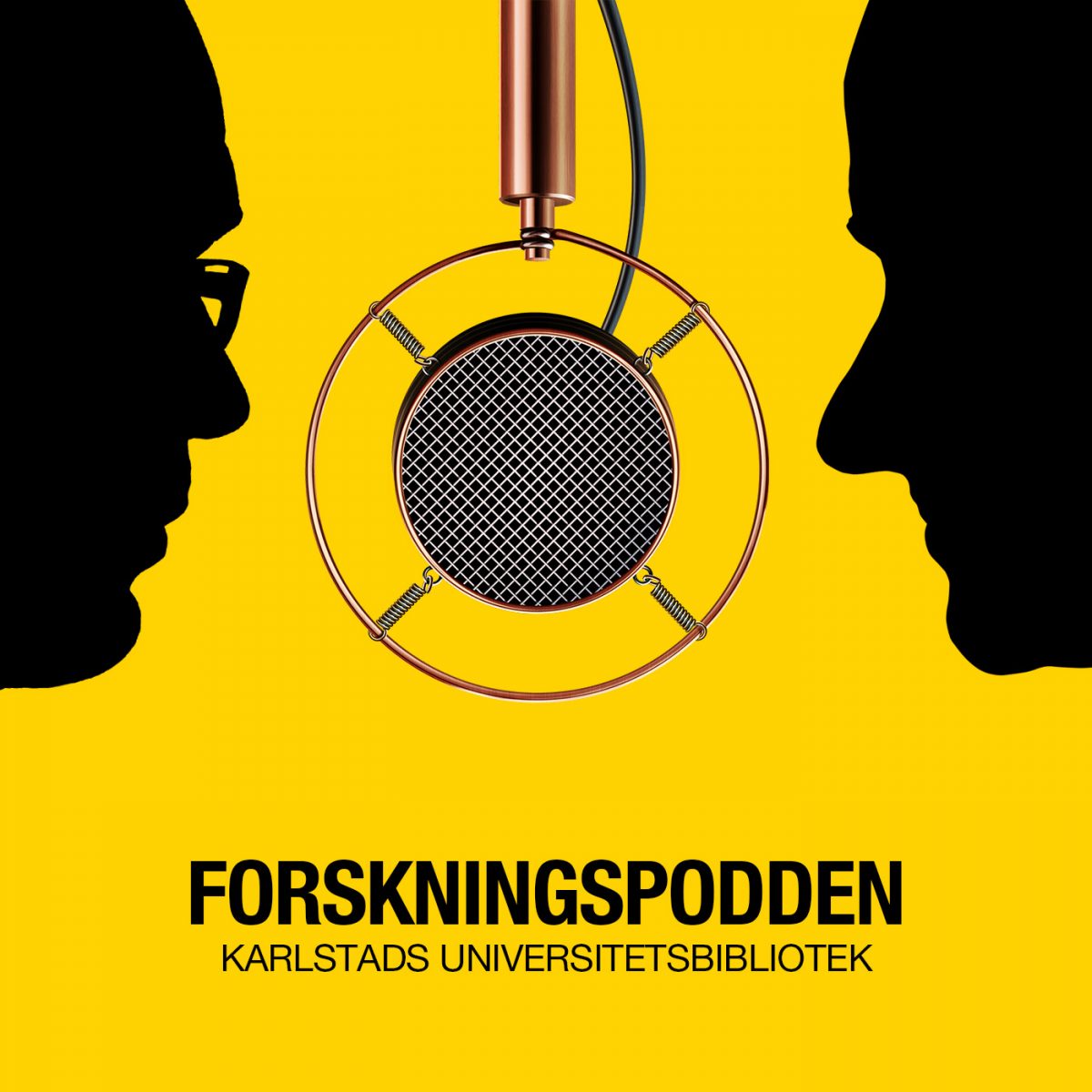Riparian zones—the narrow but biodiverse interfaces of land and water—play a crucial role in both the environment and human society. But what shapes these rich ecotones? In this episode, Jacqueline Hoppenreijs takes us into the fascinating world of riparian vegetation and explores with us how water’s flow—both destructive and constructive—forms plant communities and sustains biodiversity. Jacqueline also highlights the critical role of seed dispersal and the impact of human activities like flow regulation that shape these vital interfaces. What happens when natural water regimes are altered, and how can we help conserve these biodiversity hotspots for future generations? Tune in as we explore the ecology of boreal riparian zones and how landscape features, water flow, and human intervention intersect to influence these habitats. If you want to dive deeper into the Jacqueline’s research you can her thesis, “Rooting for Riparian Vegetation: Processes Underlying Community Composition in Boreal Ecosystems” here: https://urn.kb.se/resolve?urn=urn:nbn:se:kau:diva-101237
Podcast: Play in new window | Download
Subscribe: RSS

